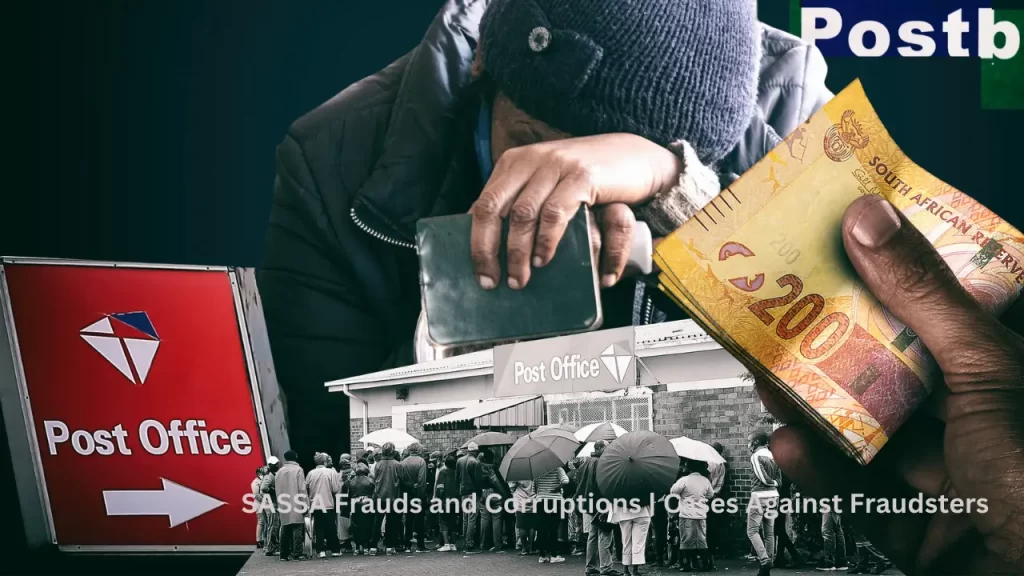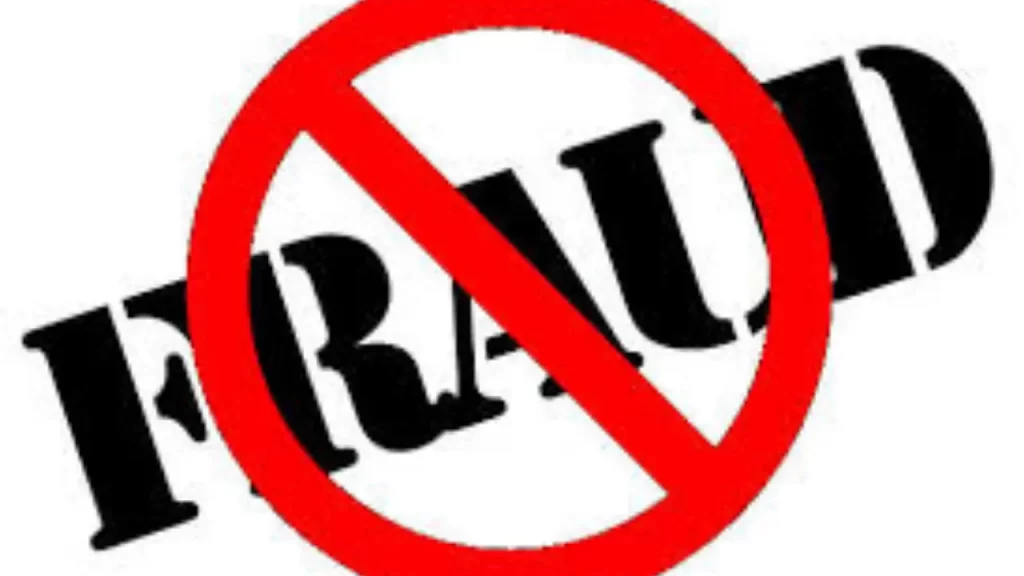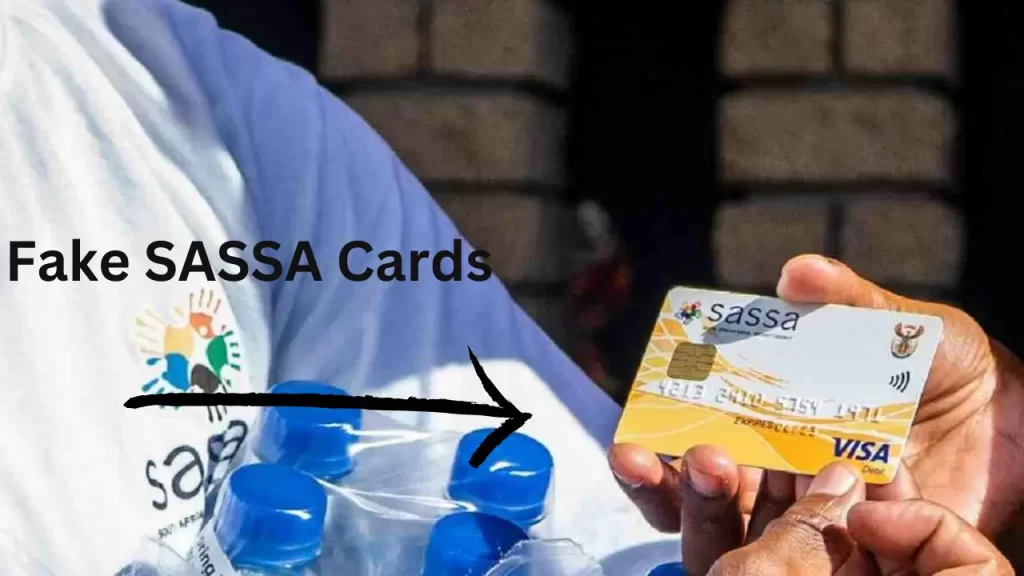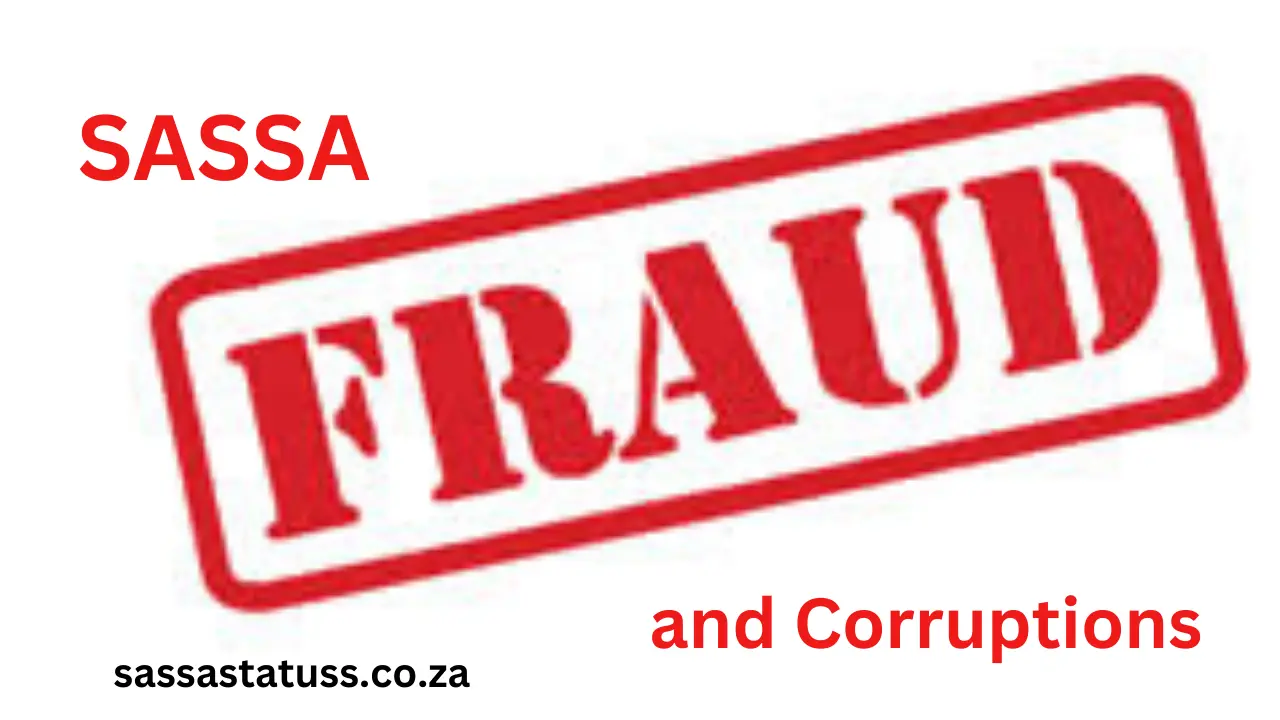Over the past decade, more than half a billion rand has been stolen from the agency, which is meant to provide vital support to the poor and vulnerable in South Africa. According to the Minister of Social Development, Lindiwe Zulu, criminal cases have been opened against 761 SASSA officials for fraud, corruption, and theft.
However, it is disheartening to learn that only 37 of these cases were referred to the police for further investigation. This raises questions about the effectiveness of the consequences faced by those responsible for these crimes.
Out of the cases that did undergo consequence management, the numbers are disheartening. Only two out of three theft cases resulted in suspensions without pay, while 69 dismissals were made out of 259 corruption cases. Further, only three individuals were dismissed out of 122 investigated for mismanagement and irregular payments. These figures indicate a lack of stringent action being taken against those involved in these acts of misconduct.
Read also, How to Apply for SASSA Grant?
Furthermore, it is alarming to note that 60% of the ongoing disciplinary cases are concentrated in KwaZulu-Natal. This suggests that there may be systemic issues within the region that need to be addressed to prevent further instances of fraud and corruption.
The impact of these thefts is significant, as the stolen funds could have been used to improve the capacity of SASSA offices and address system failures and safety concerns. With the rising cost of living, the poor and vulnerable in South Africa are already struggling to make ends meet, and the theft of these funds exacerbates their hardships.
It is crucial that those responsible for stealing from the poorest and most vulnerable members of society are held accountable for their actions. The Minister of Social Development and his department must take decisive action to ensure that consequence management is implemented effectively and serves as a deterrent to others who might consider engaging in similar acts.
The Democratic Alliance is committed to using all parliamentary oversight mechanisms to hold the Minister and her department accountable at all times. It is essential that the funds meant for the support of those in need are safeguarded and used for their intended purpose.

Cases Against Fraudsters
Criminal cases have been opened against those who defrauded SASSA and benefited from the social relief of distress grant. It’s important to hold these individuals accountable for their actions. The arrest of the three suspects in possession of SASSA and EasyPay cards is a step in the right direction.
The investigation by the Hawks into the diversion of SASSA funds is crucial in uncovering the extent of the fraud and ensuring justice is served. It’s unfortunate that some beneficiaries had their account details changed without their knowledge, leading to the illegal diversion of their funds. The recovery of R360,000 and the arrests made show progress in addressing social grant fraud.
It’s essential to continue these efforts and add more charges as necessary. The appearance before the court will provide an opportunity for the legal process to take its course.

Fake SASSA Cards: Caution
It’s crucial for the public to be cautious and not fall victim to these hoax messages. SASSA has made it clear that their cards are not for sale, and anyone claiming to sell them is committing a crime. It’s great that SASSA is urging people to report these fraudsters to law enforcement agencies. If anyone comes across such scam messages, they should definitely report them.
This helps in protecting the public and ensuring that the SASSA system is not exploited by criminals. It’s also helpful that SASSA has provided contact information for media inquiries, so people can reach out for further assistance or clarification.

